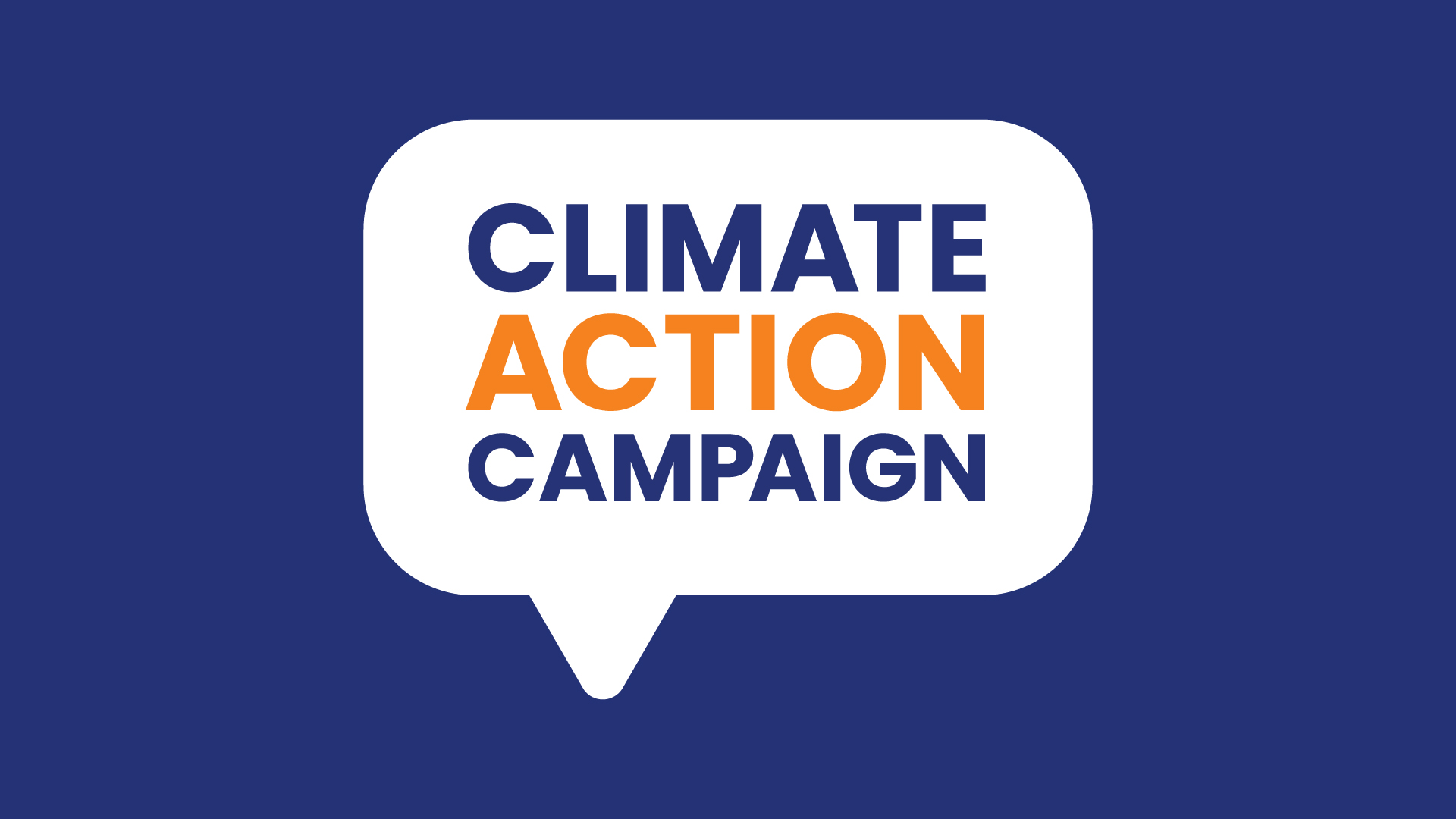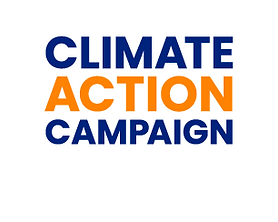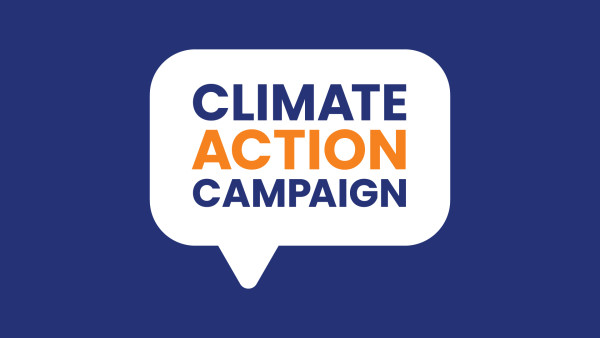Environmental, Public Health, & EJ Groups Urge Congress to Vote No on Repealing Good Neighbor Plan

This lifesaving safeguard will protect communities against dangerous air pollution from out–of–state power plants and industrial sources
Washington, D.C. – A coalition of 60 environmental advocacy, public health, and environmental justice groups yesterday urged members of Congress to reject attempts to repeal the recently finalized Cross State Air Pollution Standard, also known as the Good Neighbor Plan.
This standard targets dangerous smog-forming pollution created in “upwind” states that crosses state lines. A repeal of this standard would particularly threaten low-income communities and communities of color already overburdened by pollution.
In the letter, groups called on Congress to protect the standard, stating, “Air pollution knows no state boundaries, and downwind state residents cannot afford to continue breathing the disease-causing smog pollution of their upwind neighbors.”
A “no” vote on this CRA would mean more lives saved, less air pollution, fewer asthma attacks, and lower rates of hospitalizations for communities across the country.
“It is time fossil fuel power plants and industrial facilities that are polluting communities, often communities of color and low wealth communities, do their part to limit pollution that crosses state lines,” the groups continued.
The letter concluded by urging Members to protect human health and the environment from smog pollution that crosses state lines by voting against rolling back the Good Neighbor Plan.
The full letter text is available here and below.
July 18, 2023
Dear Member of Congress:
On behalf of our millions of members and supporters across the country, we write to express our strong opposition to S.J. Res 31/H.J. Res 69, the resolution to roll back critical efforts to address dangerous interstate ozone pollution through the U.S. Environmental Protection Agency’s (EPA) finalized Good Neighbor Plan for the 2015 Ozone National Ambient Air Quality Standards (NAAQS).
The Good Neighbor Plan protects residents in dozens of downwind states who are subjected to harmful air pollution from power plants and industrial facilities often hundreds of miles away. This type of pollution significantly contributes to ground-level ozone, or smog. For healthy individuals, exposure to even low levels of smog can cause chest pain, coughing, shortness of breath, and throat irritation; for at-risk populations, such as children, outdoor workers, the elderly, and individuals with asthma, the impacts can be even more severe. Long-term and repeated exposure may cause asthma, worsen heart disease, permanently disrupt healthy lung development and scar lung tissue.
The limits on nitrogen oxides (NOx) power plant pollution finalized in the Good Neighbor Plan build upon existing Cross State Air Pollution Rule (CSAPR) trading programs and incorporate additional features such as daily emissions rate limits on large coal-fired units to promote more consistent operation and optimization of emissions controls, limits on “banking” of allowances, and phasing in annual updates to the emissions budgets to account for changes in the generating fleet. Modern pollution controls are readily available and already in operation on many units with no impact on grid reliability. In addition, new emission standards for industrial sources will promote consistent use of pollution controls to reduce air pollution affecting neighboring states. EPA designed the Good Neighbor Plan to address specific interstate air pollution pathways between 23 states, limiting dangerous levels of air pollution before it can be carried downwind.
Reducing smog pollution through this rule will provide up to $15 billion in yearly benefits by 2026, far outweighing any costs from the new regulation. In fact, by 2026, EPA projects that "every year the rule will prevent up to 1,300 premature deaths, reduce hospital and emergency room visits for thousands of people with asthma and other respiratory symptoms, help keep hundreds of thousands of children and adults from missing school and work due to respiratory symptoms, and decrease asthma symptoms for millions of Americans.” Reducing smog levels also has a positive impact on agricultural crops and the environment, improves visibility in national and state parks, and increases protection for other sensitive ecosystems.
Air pollution knows no state boundaries, and downwind state residents cannot afford to continue breathing the disease-causing smog pollution of their upwind neighbors. It is time fossil fuel power plants and industrial facilities that are polluting communities, often communities of color and low wealth communities, do their part to limit pollution that crosses state lines.
For these reasons, we, the undersigned organizations, urge you to vote NO on S.J. Res 31/H.J. Res 69 to protect human health and the environment from smog pollution that crosses state lines.
Thank you for your attention to this matter and for considering our views.
Sincerely,
Action for the Climate Emergency (ACE)
Air Alliance Houston
Alliance of Nurses for Healthy Environments
American Sustainable Business Network (ASBN)
Appalachian Voices
Arizona Climate Action Coalition
Arizona Interfaith Power & Light
Black Millennials 4 Flint
CCAN Action Fund
Center for American Progress
Change the Chamber
CLEO Institute
Climate Action Campaign
ClimateVoice, a project of Tides Center
Common Defense
Cornell GreenClub
Downwinders at Risk
Earthjustice
Elders Climate Action – AZ
Elected Officials to Protect America
Endangered Species Coalition
Environment America
Environmental Defense Fund
Environmental Law & Policy Center
Evergreen Action
Georgia State Medical Association
Green The Church
GreenLatinos
Greenpeace USA
Health Care Without Harm
Healthy Environment Alliance of Utah (HEAL Utah)
Hispanic Access Foundation
Information Network for Responsible Mining
Institute for a Progressive Nevada
Interfaith Power & Light
League of Conservation Voters
League of Women Voters of the United States
Michigan Clinicians for Climate Action (MiCCA)
Michigan Sustainable Business Forum
Moms Clean Air Force – AZ
Mothers & Others For Clean Air
National Audubon Society
National Environmental Health Association
National Parks Conservation Association
National Wildlife Federation
Natural Resources Defense Council
Physicians for Social Responsibility
Respiratory Health Association
SC Health Professionals for Climate Action
Sierra Club
Sierra Club Montana Chapter
Sierra Club Pennsylvania Chapter
Southern Utah Wilderness Alliance
The Earth Bill Network
Three Rivers Waterkeeper
U.S. PIRG
Union of Concerned Scientists
Utah Physicians for a Healthy Environment
Voices for Progress
WE ACT for Environmental Justice


